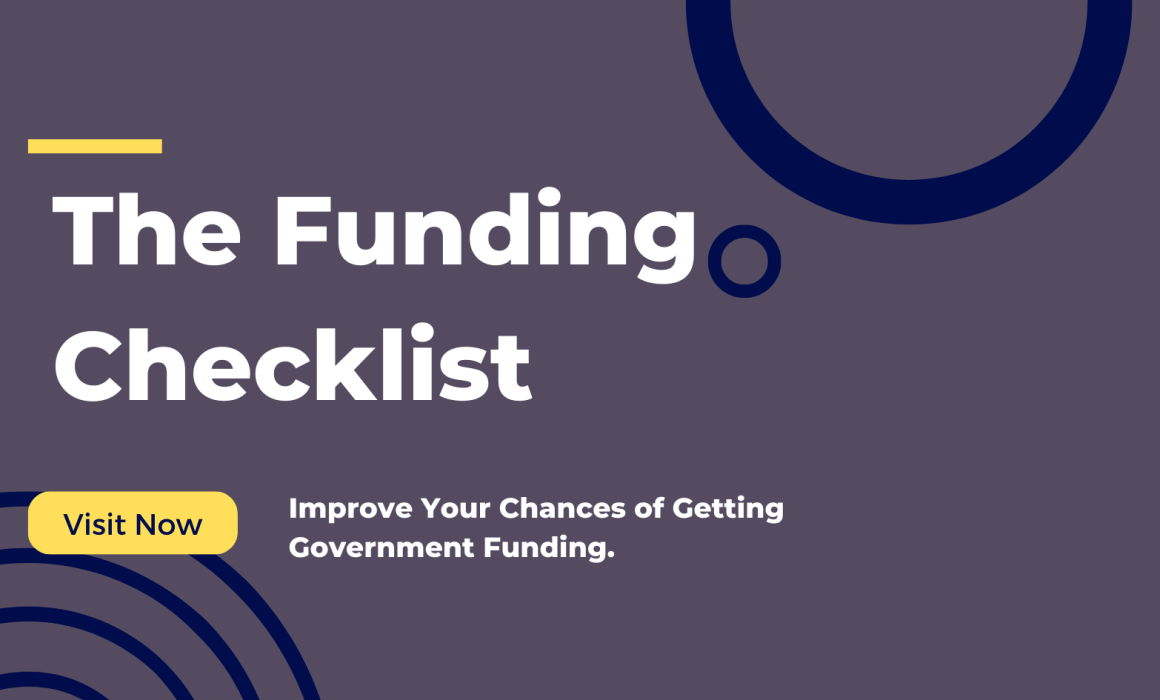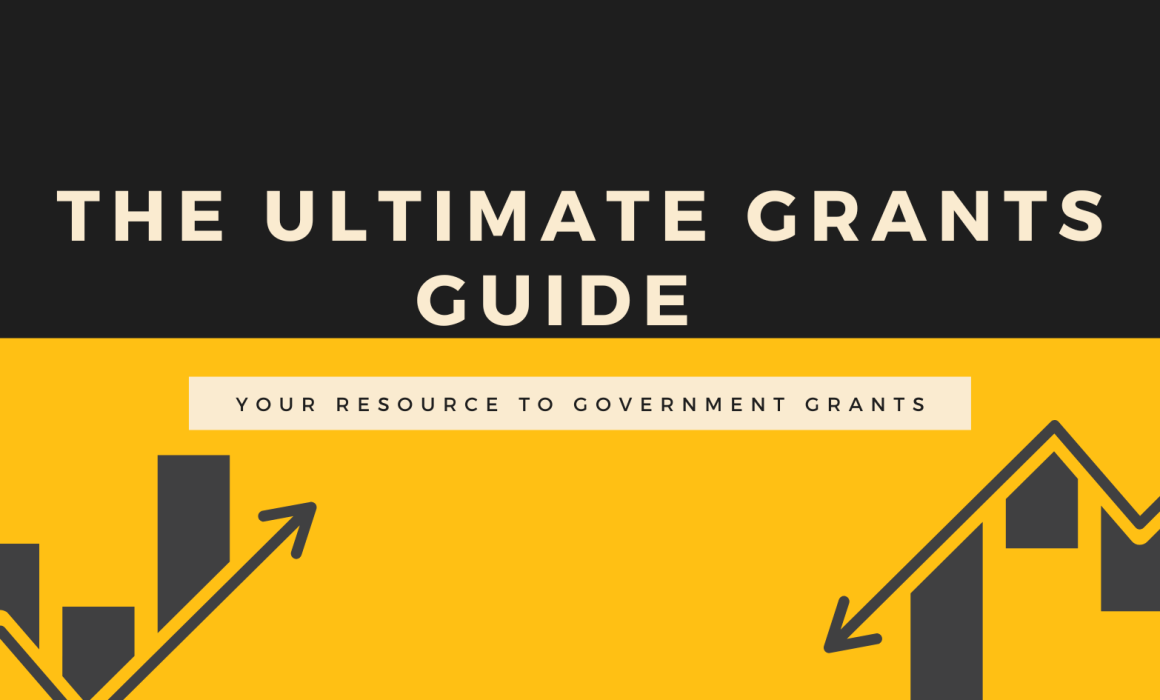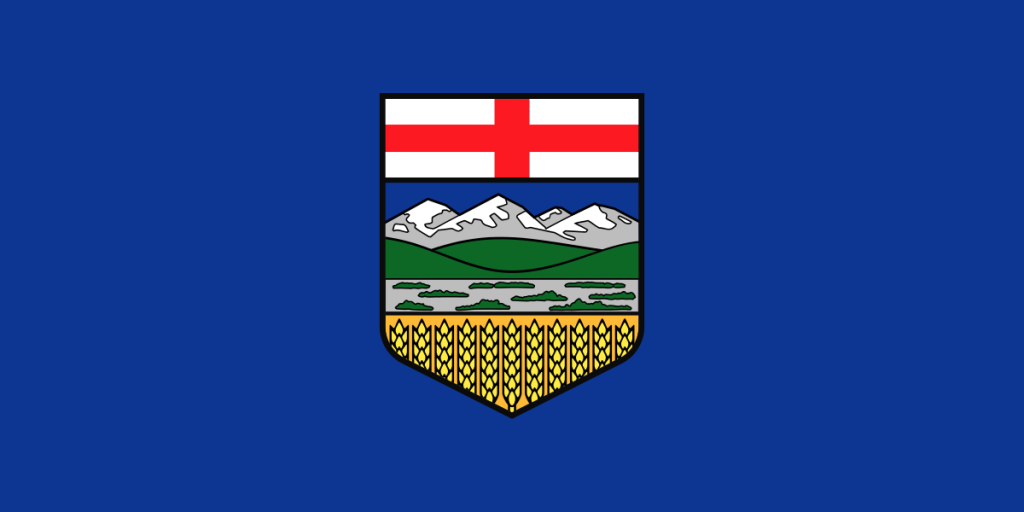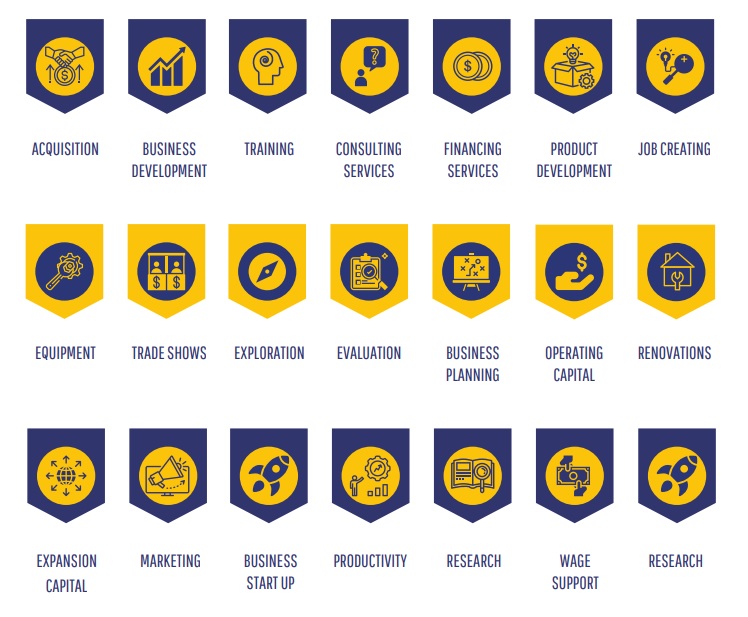Download the Alberta Government Funding Checklist For Free
The Alberta Government Funding Checklist is a straightforward tool designed to help small business owners in Alberta navigate the complexities of securing necessary funding through various government programs and options within the province. This checklist is tailored to address the unique funding landscape in Alberta, guiding local entrepreneurs through the process. Simply fill out the form below to access this valuable resource and begin your journey to secure government funding for your Alberta-based small business.
Download the Alberta Government Funding Checklist Now
Alberta Government Funding Checklist Details
For small business owners in Alberta, or those considering starting a business, securing funding is often a critical step, especially in the current economic climate. The Alberta government offers a range of resources to assist in starting and expanding businesses, aimed at boosting the provincial economy, creating jobs, and nurturing the entrepreneurial spirit within the region.
However, navigating the path to government funding can be challenging and is not always straightforward.
The Alberta Government Funding Checklist, created by Canada Startups, focuses on 4 key points essential for successful government funding of your Alberta-based small business:
- Your business plan
- The funding needs
- Starting the funding search
- The funding applications
Although this might sound simple, it’s important to note that a significant proportion of government funding applications are refused or denied due to issues in these four areas.
The downloadable checklist provides detailed explanations of each step and offers guidance to help you avoid common pitfalls as you navigate through the complexities of funding procedures, increasing your chances of getting funded.
Get Instant Access to the Alberta Government Funding Checklist [FREE]
This checklist is an indispensable tool for any small business in Alberta looking to understand and successfully manage the process of obtaining government funding. Whether you’re just starting out or looking to expand your existing business, the Alberta Government Funding Checklist can provide you with the insights and guidance needed to secure the financial support essential for your entrepreneurial success.






Recent Comments